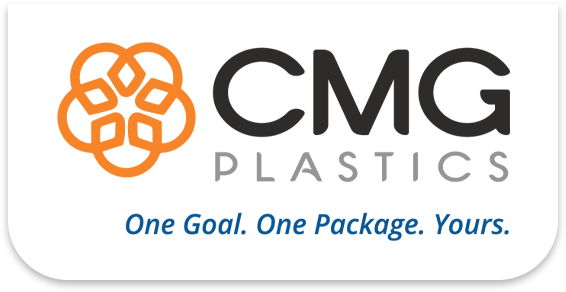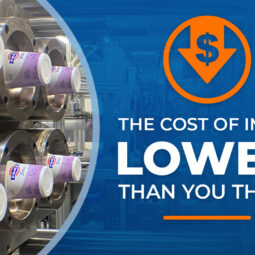 The health and quality of your supply chain is directly related to your ability to operate profitably as a company. Quality problems, missed deadlines, or constant searching for new vendors costs money and time that could be spent on other vital parts of your business. So if a supplier provides some business critical product or service (like plastic packaging), you need a guarantee of uninterrupted service before you start working with them. Here are the four most important steps for evaluating a supplier upfront.
The health and quality of your supply chain is directly related to your ability to operate profitably as a company. Quality problems, missed deadlines, or constant searching for new vendors costs money and time that could be spent on other vital parts of your business. So if a supplier provides some business critical product or service (like plastic packaging), you need a guarantee of uninterrupted service before you start working with them. Here are the four most important steps for evaluating a supplier upfront.
Financial Health: This is a key measure of a supplier’s ability to meet your needs over time. It’s particularly critical if you are counting on a long-term relationship. Key financial health measures include overall profitability and key ratios consistent with healthy companies in the supplier’s industry. So make sure you see what you need to feel confident.
Competencies: These are all the plastic packaging supplier’s capabilities – big and small – a supplier needs to serve your business successfully. Carefully delineate them upfront, then be ready to ask probing questions about each of them until you get the level of detail required to make a decision. In the plastic packaging business key competencies could include all kinds of things: plant location, speed and capacities, QC procedures, types of equipment, access to pellets, molding, service of customers with similar needs, ancillary capabilities like decorating and assembly. And of course, pricing that is competitive with what other suppliers are offering. Think beyond your current needs, considering what additional capabilities you might require in the next few years.
Responsiveness: How does the plastics manufacturing supplier plan to keep in touch? Are they offering a single point of contact? Are they willing to customize their communications and reporting requirements to match your needs? Can they offer the data and reporting you require? What about access to their senior people should you need it? And perhaps, most important, how well do the respond during the evaluation process? What happens then is probably a good indicator of what will happen later.
Culture Match: What are the supplier’s key values? What do they say makes the plastics company different? If they focus on low cost, and your business values quality and consistency most, it could be a mismatch. A tour of the facility is also a must. If what they say and what you see and feel from their people and facilities don’t match, pay attention. Gut impressions are important.
We know there can be more to a supplier evaluation than just these four things (for instance interviewing current supplier customers). But we believe these evaluation steps are the most important and that any supplier who comes through them successfully is highly likely to be able to meet your needs.
We invite you to speak with us, to learn more.



